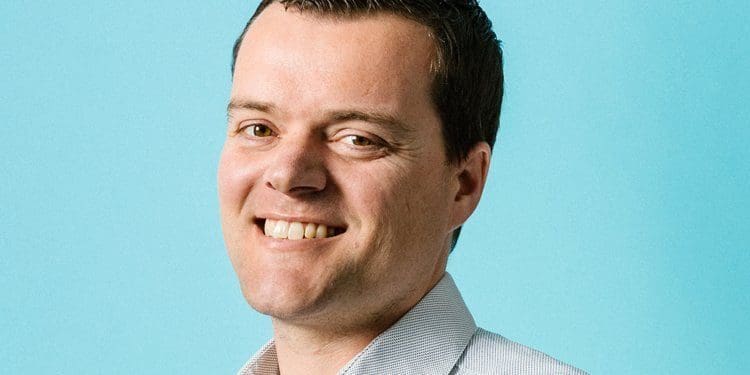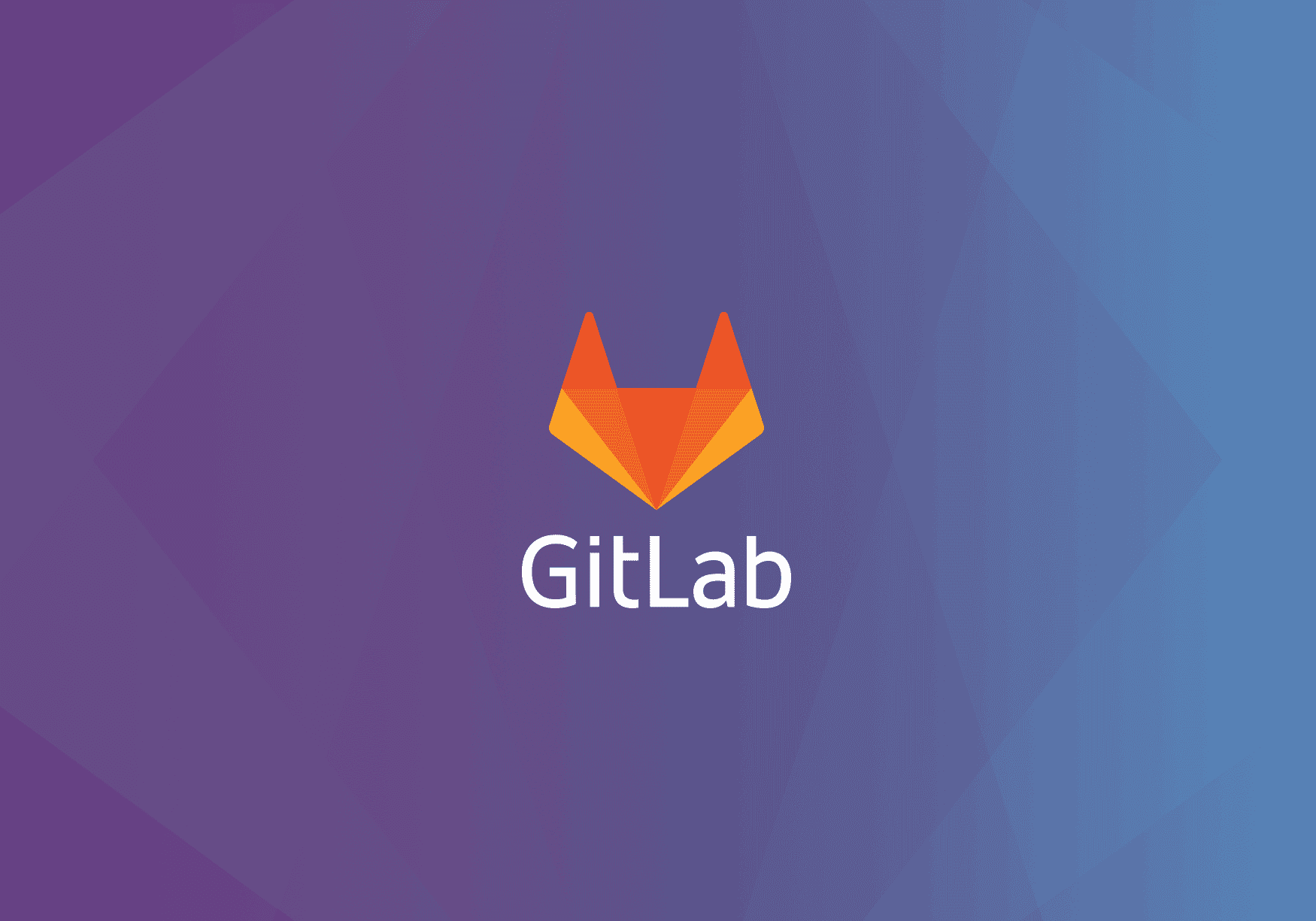With the advancement of cloud collaboration tools, which allow collaborators to contribute from anywhere in real time, many believe that having a permanent location is not necessary: at the software development company GitLab, for example, everyone, absolutely everyone they work remotely. Even the boss.
This is not a small company: GitLab has more than 600 employees in 54 different countries, planning to expand its workforce to 1000 by the end of 2019. Its workforce leverages cloud services and internal tools to communicate, collaborate and contribute to projects.
The idea is to remain without offices or headquarters even after the public offering that GitLab is planning for 2020, maintaining flexibility and containing costs.
The message we give to investors is 'we are at the forefront of the work revolution': the point is to evaluate results, not hours worked
Sid Sijbrandij, CEO and co-founder of the company.

Obviously this choice also has negative sides: some investors are highly skeptical at the thought of financing a company without a physical headquarters. Anyone who wants to visit the company and talk to the boss can only go to the "unofficial" headquarters: the boss's house, off course, with a living room that also doubles as a presentation room.
GitLab offers suite of tools similar to that of Google Docs: on a central cloud platform it allows work teams to manage software development, testing and distribution. It offers a free version of its platform, used by more than 100 companies, applying costs for additional features and services.
As of September 2018, it had raised 165 million euros, reaching a valuation of 1.1 billion.
“Geography matters less in an always-on, connected world,” says Jack Clare, chief information and strategy officer of Dunkin 'Brands Group Inc. “For many of our digital and technology roles our team could even be on the moon and still be as effective.”
A Gallup poll says that in 2016, 43% of the workforce works remotely at least part of the time. Workers are demanding more and more flexibility and autonomy and obtaining new work from home opportunities from various companies.
The story and the GitLab model
GitLab was born online: the two founders met online in 2011, Sid Sijbrandij lived in Ola da and Dimitri Zaporozhets in Ukraine. After 3 years of remote working the two met halfway in Poland and started the company.
Today GitLab employs people from all over the world: more than half in the USA, 20% in Europe and the crime a little here and a little there. Newcomers are trained through 250 video webinars from a dedicated YouTube channel, a 2000-page manual with protocols, information and objectives to achieve.
“In total freedom, without making calculations: those who finish early don't have to feel like the wrong person, they don't have to justify how they spend their time. If it ends too late, talk to your coordinator and we will discuss the situation together."


